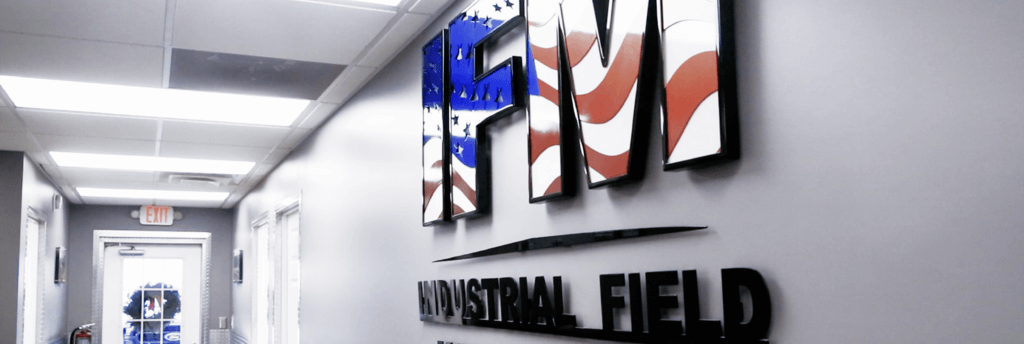Gallagher’s Best-in-Class Benchmarking Analysis Highlights U.S. Organizations Excelling in Optimizing Employee and Organizational Wellbeing
KEMI has been recognized as a Best-in-Class Employer in Gallagher’s 2024 U.S. Benefits Strategy & Benchmarking Survey. This recognition underscores KEMI’s excellence in implementing effective strategies for managing people, benefits and HR programs. KEMI was selected for its comprehensive approach to strategically investing in benefits, compensation and the employee experience — all aimed at supporting the health, financial confidence and career growth of its employees while maintaining a sustainable cost structure.
Gallagher’s Best-in-Class Employer designation helps current and prospective employees understand and appreciate an organization’s workplace culture and people strategy, which are crucial differentiators in today’s competitive labor market.
“KEMI is proud to once again be recognized as a Best-in-Class Employer,” said Jon Stewart, President & CEO of KEMI. “This distinction reflects our ongoing commitment to fostering an environment where employees feel valued and supported. By prioritizing innovative programs and listening to employee feedback, we aim to build not just a workplace, but a community that empowers our team to excel and deliver exceptional service to our customers.”
As a U.S. Best-in-Class Employer, KEMI earned points based on its performance in several key areas:
- Planning horizons for the benefits and compensation strategies
- Extent of the wellbeing strategy
- Turnover rate for full-time equivalents (FTEs)
- Completion of a workforce engagement survey
- Use of an HR technology strategy and its level of sophistication
- Difference in healthcare costs over the prior year
“KEMI recognizes the crucial link between people’s wellbeing and organizational success,” said William F. Ziebell, CEO of Gallagher’s Benefits & HR Consulting Division. “When employees enjoy their work, appreciate their benefits and feel connected, the organization thrives — boosting positivity, retention, performance and overall prosperity. That proactive people strategy helps make KEMI a Best-in-Class Employer.”
About the Best-in-Class Benchmarking Analysis
Gallagher’s U.S. Best-in-Class Benchmarking Analysis profiles statistically significant attributes of top-performing midsize (100-999 FTEs) and large employers (1,000 or more FTEs). Data from Gallagher’s 2024 U.S. Benefits Strategy & Benchmarking Survey was interpreted to identify participants that excel in optimizing employee and organizational wellbeing.
About Gallagher
Gallagher (NYSE:AJG), a global insurance brokerage, risk management and consulting services firm, is headquartered in Rolling Meadows, Illinois. Gallagher provides these services in approximately 130 countries around the world through its owned operations and a network of correspondent brokers and consultants.
Media Contact:
Ryan Worthen
KEMI Communications
rworthen@kemi.com
859-425-7800
Posted January 6, 2025










